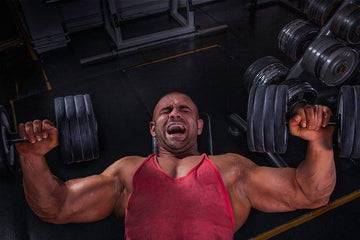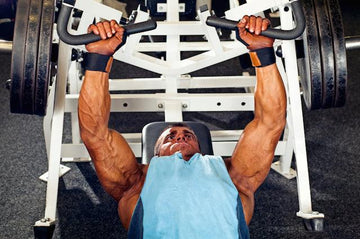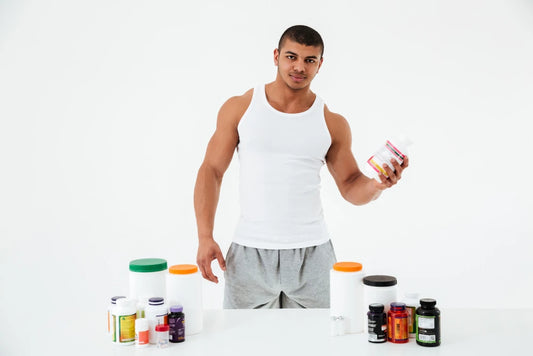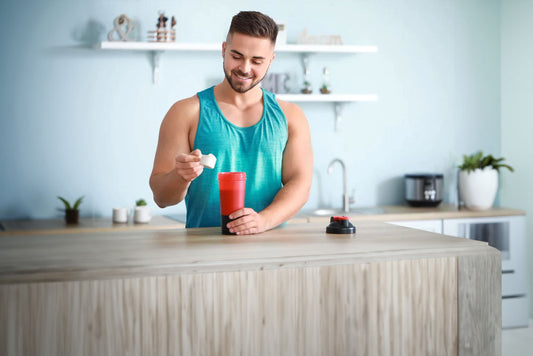

Will 1 Drink After Exercise Kill Your Gains?
Table of Contents
Post-Alcohol After Exercise Decreases Protein Synthesis
By: Robbie Durand
How many times have your heard that alcohol will kill your muscle gains? Post-exercise alcohol is frequent among college students; however, Post-exercise alcohol ingestion negatively influences recovery from muscle damage and reduces post-exercise muscle recuperation. Many college students believe that alcohol intake after exercise does not affect their performance the next day. How bad can one drink be after the gym? In rats, researchers have found alcohol ingestion blunts muscle protein synthesis, but the data on humans and alcohol consumption is lacking. After reading this article, it may make you think twice about drinking alcohol after your workout. The article was featured in the prestigious Journal of Strength and Conditioning Research, which stated that men who consume alcohol after exercise will blunt muscle protein synthesis.
Researchers examined how alcohol consumption impacts muscle protein synthesis in men and women. Ten resistance-trained men and nine resistance trained women completed two identical acute heavy resistance exercise trials (six sets of Smith machine squats). From 10-20 minutes’ post training participants consumed either alcohol (alcohol condition) or no alcohol (placebo condition) diluted in an artificially sweetened and calorie free beverage. For the alcohol condition, participants ingested vodka (Smirnoff Co., Norwalk, CT, 40% v/v alcohol) diluted in water to a concentration of 15 % v/v absolute alcohol to achieve a dose 1.09 g of alcohol per kg of fat-free body mass. Before exercise and three hours and five hours post exercise, muscle tissue samples were obtained from the vastus lateralis by biopsies. At the end of the study, alcohol ingestion affected protein synthesis in men but not in women. Specifically, alcohol ingestion blunted mTOR1 signaling protein, which is essential for muscle contraction-induced muscle growth (i.e., training-induced hypertrophy).
Key Points: Alcohol intake blocked protein synthesis after exercise and can have long term consequences on muscle growth and strength.
Duplanty AA, Budnar RG, Luk HY, Levitt DE, Hill DW, McFarlin BK, Huggett DB, Vingren JL. Effect of Acute Alcohol Ingestion on Resistance Exercise Induced mTORC1 Signaling in Human Muscle. J Strength Cond Res. 2016 Apr 21.
Parr EB, Camera DM, Areta JL, et al. Alcohol Ingestion Impairs Maximal Post-Exercise Rates of Myofibrillar Protein Synthesis following a Single Bout of Concurrent Training. Alway SE, ed. PLoS ONE. 2014;9(2):e88384.
Steiner JL, Lang CH. Alcohol intoxication following muscle contraction in mice decreases muscle protein synthesis but not mTOR signal transduction. Alcohol Clin Exp Res. 2015 Jan;39(1):1-10.
Steiner JL, Lang CH. Alcohol impairs skeletal muscle protein synthesis and mTOR signaling in a time-dependent manner following electrically stimulated muscle contraction. J Appl Physiol (1985). 2014 Nov 15;117(10):1170-9.
MUSCLE MEDIA MAGAZINE FOR MEN
The premier source of training, nutrition, supplements, fat loss and health for men.

















